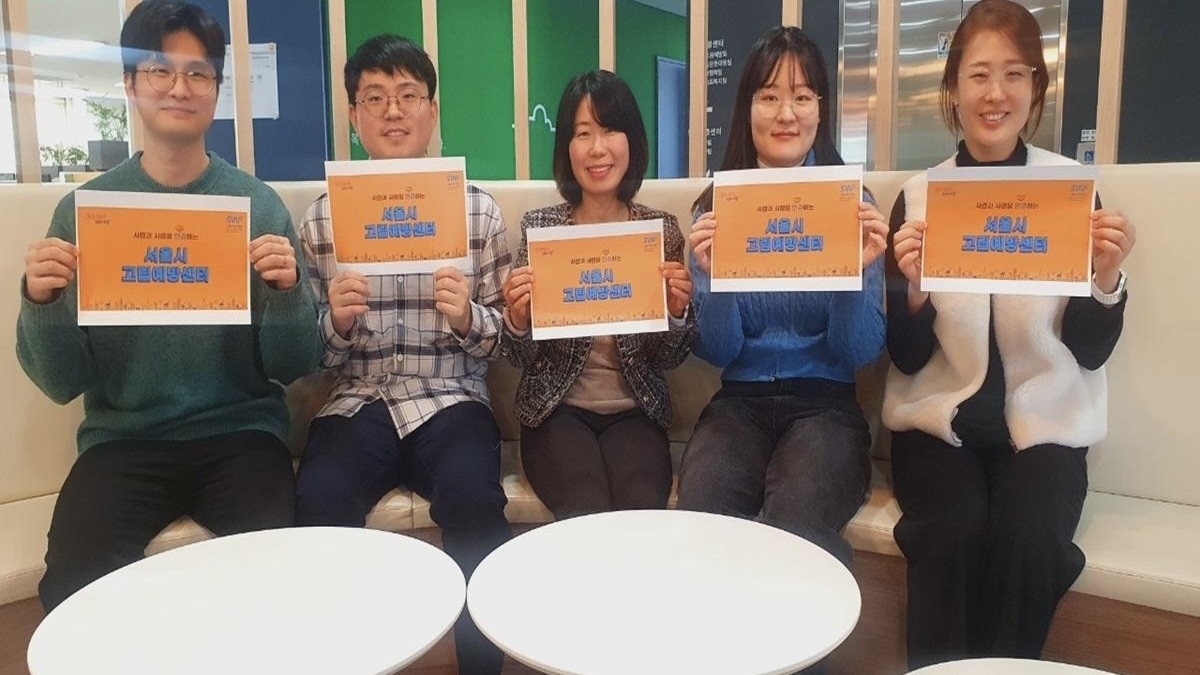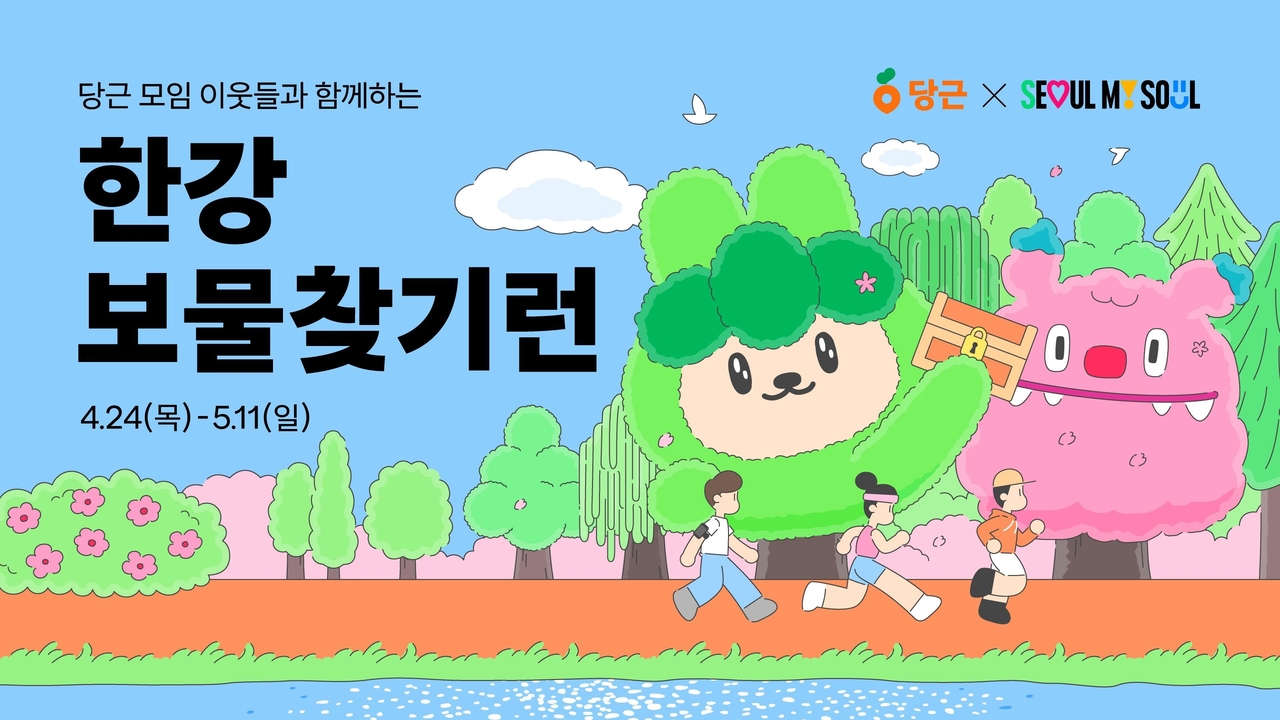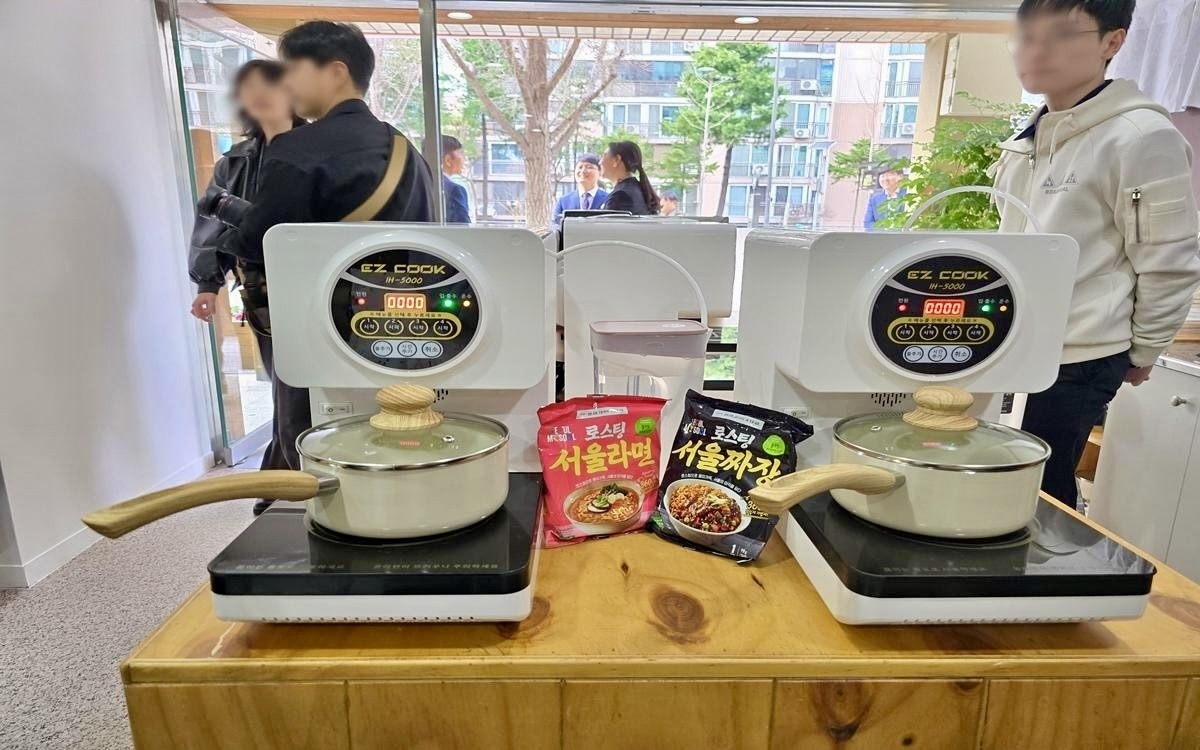June 2, 2025
SEOUL – In Seoul, you can call a city hotline at 3 a.m. just to say you feel lonely. You can walk into a “Maeum (Korean for ‘heart’) Convenience Store” to eat free ramyeon and talk with someone about the emptiness you’ve been carrying for months.
These are not gimmicks. They are part of a sweeping five-year, 451.3 billion won ($330 million) effort by the Seoul Metropolitan Government to confront a crisis few cities have dared to name outright: loneliness.
South Korea is facing a growing epidemic of social isolation, with Seoul at its epicenter. People living alone now make up over 35 percent of all households in the capital. A recent Seoul Institute survey revealed that 62 percent of single-person households reported experiencing loneliness, while 13.6 percent were socially isolated.
A separate study by the city in 2023 estimated that approximately 130,000 young people between the ages of 19 and 39 are living in near-total social withdrawal, a phenomenon also discussed under the Japanese-derived term “hikikomori.”

The Seoul Isolation Prevention Center, the first of its kind in South Korea, opened in January to address rising social isolation and prevent lonely deaths. Director Lee Soo-jin (center) and her team are expanding outreach and emotional support services citywide. PHOTO: SEOUL METROPOLITAN GOVERNMENT/THE KOREA HERALD
“Loneliness in Seoul is no longer a private burden,” said Lee Soo-jin, director of the Seoul Isolation Prevention Center, the country’s first public agency tasked with identifying and assisting socially withdrawn residents. “We are witnessing a mental health collapse across age groups. But for many, especially young people and older men, there’s simply no obvious place to turn.”
Lee has spent the past year building outreach systems that can identify high-risk individuals who are often invisible to the formal social safety net.
Her team uses data-sharing agreements with welfare offices, utility companies and delivery services to identify signs of withdrawal, such as uncollected mail or repeated solo food orders. Once flagged, individuals are contacted through phone calls, home visits or digital channels and offered tailored support like counseling, peer mentoring or community group referrals.
The city’s broader initiatives include a 24-hour support line integrated into the existing 120 Dasan Call Center, a chatbot for those uncomfortable with phone calls, and an online platform called Toktok24 that guides users toward counseling and community programs.
Still, scholars and ordinary citizens have questioned whether public policy can meaningfully address a condition as personal and complex as loneliness.
“Loneliness is not the same as being alone,” said Byun Geum-seon, a social welfare professor at Ewha Womans University who co-authored a major 2024 study on youth isolation. “For some, solitude is freedom. For others, it’s suffering. Governments can detect behavior. But the feeling of loneliness must be acknowledged by the person experiencing it.”
Byun’s study, based on the Seoul Youth Panel Survey of over 5,000 respondents, identified seven distinct profiles of social isolation and loneliness. These ranged from economically disconnected youth to emotionally isolated individuals embedded within family or employment networks. Her research found a strong correlation between loneliness and mental health problems like depression and suicidal thoughts, even among those who weren’t socially isolated in the traditional sense.
“In some cases, people are surrounded by others but still feel they cannot speak openly or be seen for who they are,” Byun said. “This is especially common among young women living alone, and among men who feel they’ve failed to meet social expectations.”
Shin Hye-jin, a 28-year-old graduate student who moved to Seoul from Daegu five years ago, recalled how her first year in the capital felt more isolating than she could have imagined. “I lived in a goshiwon (a small dorm-like room) near campus. I never met my neighbors. Even in class, no one talked unless we had to, for group projects,” she said. “There were nights I realized I hadn’t heard my own voice for days.”
Shin later joined a neighborhood “Silent Walking” group she found on Danggeun Market, also known as Karrot, a hyperlocal app popular for trading secondhand goods that now hosts thousands of hobby-based social groups. “It sounds silly, but walking silently next to strangers helped,” she said. “It felt safe. No one expected anything from me.”

Karrot, South Korea’s leading hyperlocal marketplace app for trading secondhand goods and organizing community activities, partnered with the Seoul Metropolitan Government to host the “Hangang Treasure Run” from April 24 to May 11. The event encouraged users to form neighborhood groups to take part in a riverside treasure hunt designed to foster connection and combat urban isolation. PHOTO: KARROT/THE KOREA HERALD
Since 2023, participation in Danggeun’s neighborhood clubs has increased 20-fold, according to the company. These communities are often low-pressure and centered around shared identities or interests, covering niche topics from ADHD support to bread tasting. For many, they provide more sustainable social bonds than formal city-run programs.
Director Lee Soo-jin recognizes the limitations. “Seoul City knows it cannot manufacture meaningful connections,” she said. “What we can do is build the scaffolding. We can give people options for what to do when they realize they’re struggling.”
Part of that scaffolding includes spaces like the Seoul Maeum Convenience Store, a cross between a mental health center and a cafe, where people can drop in anonymously for free meals, information or just a moment of calm. The city is also expanding peer support programs such as “Everyone’s Friend,” where formerly isolated residents are trained to provide outreach and emotional assistance to others in similar situations.

Cooking pots on electric burners are seen next to Seoul-branded instant noodles at a self-serve food station in the Seoul Maeum Convenience Store. The space allows visitors to have a free meal and access mental health support in a low-pressure, welcoming environment. PHOTO: SEOUL METROPOLITAN GOVERNMENT/THE KOREA HERALD
Professor Byun cautioned against a one-size-fits-all model. “What reduces loneliness is not just connection, but continuity. You need to feel that you matter to someone, and that they will notice if you disappear.”
This is why the government’s role is less about delivering relationships and more about making them possible. “If someone walks into one of these city programs and leaves with a phone number or a reason to leave the house again next week, that’s a small win that is worth the effort,” said Lee.


